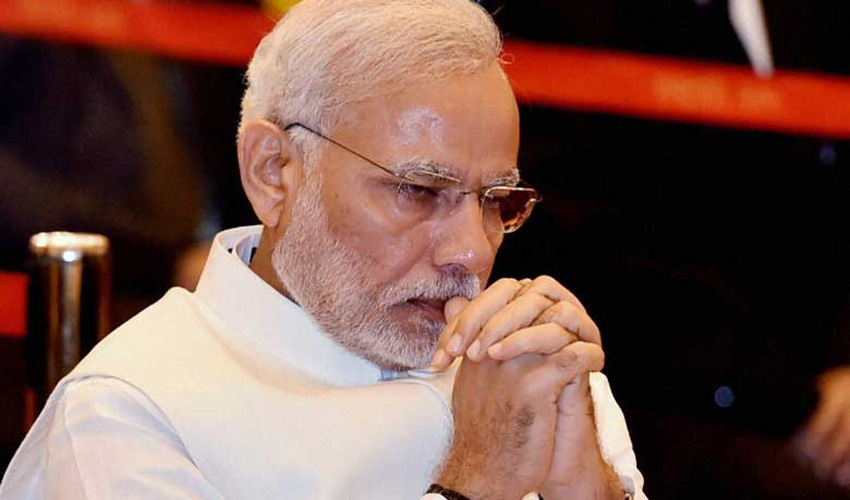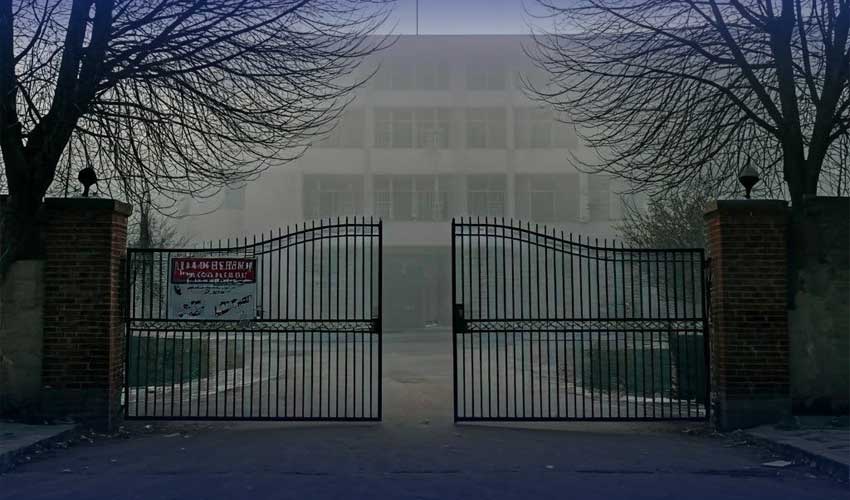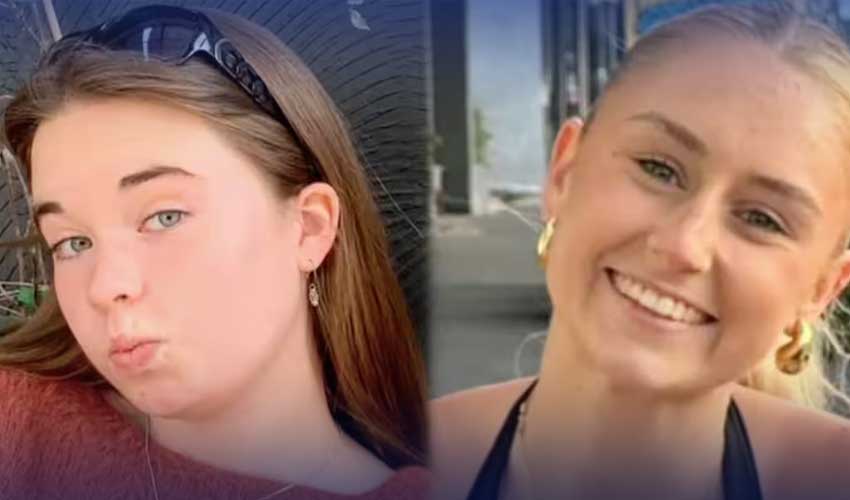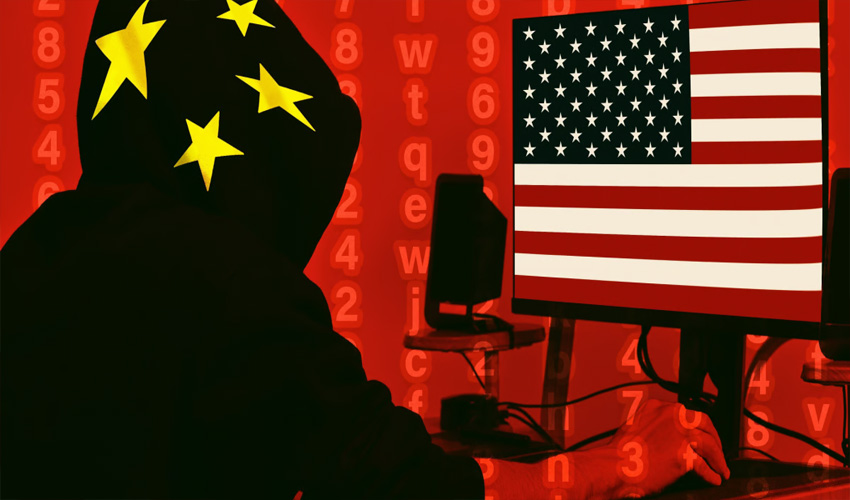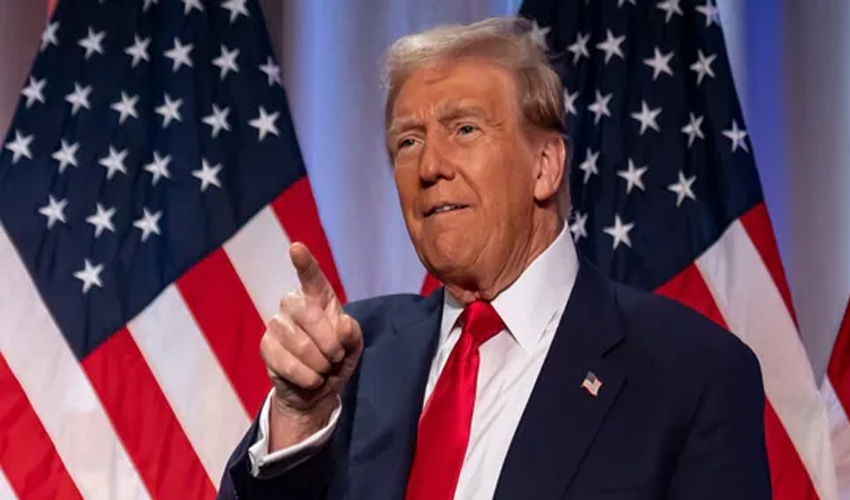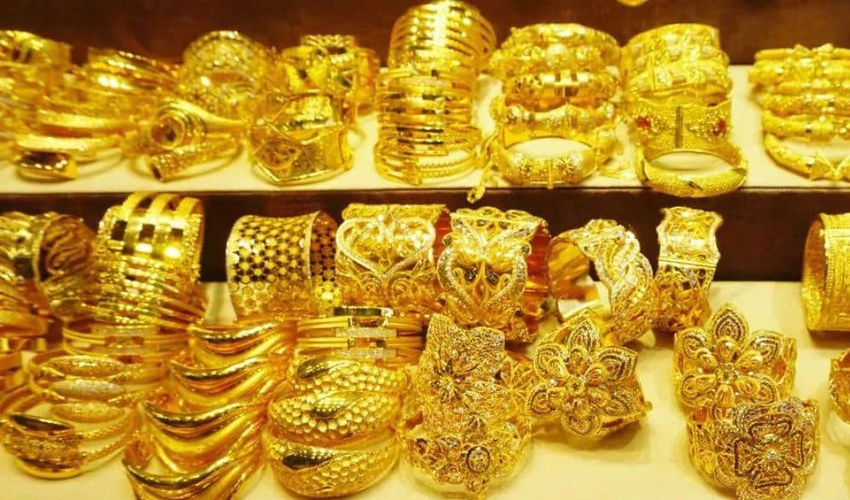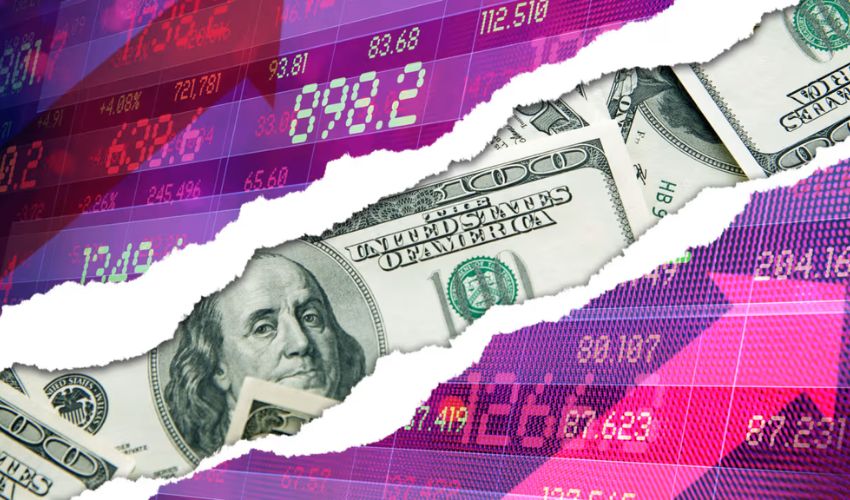India is currently engulfed in nationwide protests, with citizens expressing outrage over the deteriorating state of human rights and increasing lawlessness under the third term of Prime Minister Narendra Modi's government. The country has seen a surge in violence and unrest, particularly targeting religious and ethnic minorities, women, and children.
The unrest has led to widespread strikes, with major cities from Delhi to Odisha and Bihar coming to a standstill. A recent report highlights that Dalit and Adivasi organizations have called for a "Bharat Bandh" strike, demanding greater representation in jobs and education and the protection of their constitutional rights.
The Modi government's endorsement of Hindutva ideology has deepened divisions within the Indian society, leading to religious, ethnic, and linguistic tensions, according to Indian media. A recent Supreme Court decision has further fueled the unrest, as it reportedly diminishes the educational and professional rights of Dalit and Adivasi communities.
The "Bharat Bandh" strike has now spread to states including Odisha, Patna, Bihar, Jharkhand, Madhya Pradesh, Kerala, and Rajasthan. These protests follow a series of violent incidents, including the gang rape and murder of a trainee doctor at RG Kar Hospital in Kolkata, which sparked public outrage.
In another incident in West Bengal's Nandigram, BJP workers allegedly stripped a woman and forced her to walk 300 meters naked as a form of political retaliation, leading to further protests and anti-Modi slogans.
As unrest continues to escalate, the Modi government is facing criticism for its inability to maintain law and order. The ongoing protests have also raised concerns across the region, highlighting the growing instability within India.





